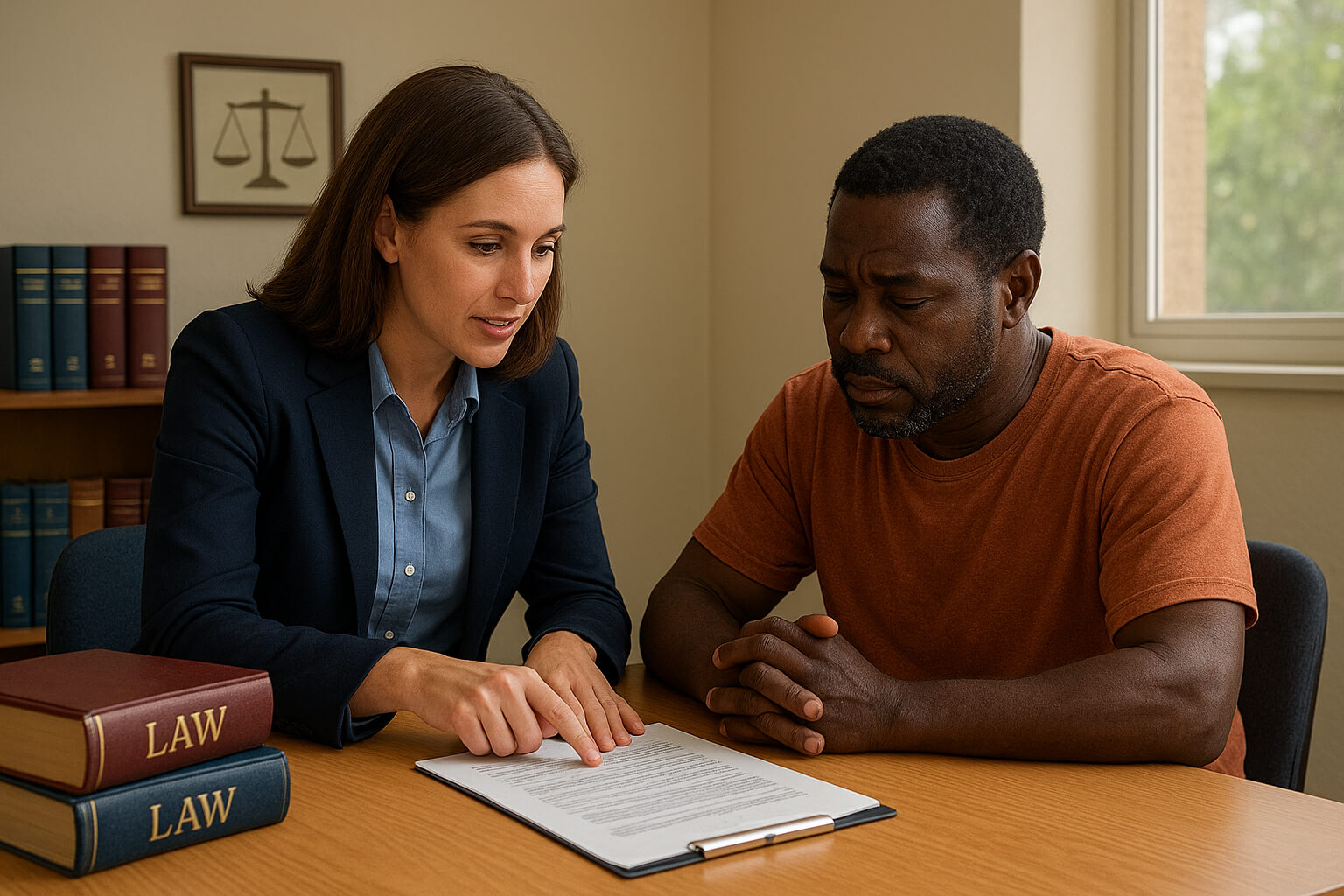September 11, 2025

Justice is a universal right—but accessing it often depends on wealth, privilege, and connections. Around the world, millions of individuals face legal problems without the means to protect their rights or navigate complex legal systems. Whether it’s a tenant facing illegal eviction, a survivor of domestic violence seeking protection, or a worker being exploited on the job—the inability to afford legal help can turn injustice into a life sentence of poverty, fear, and marginalization.
This is where legal aid steps in. Legal aid refers to free or low-cost legal services provided to individuals who cannot afford private attorneys. It’s not a luxury—it’s a lifeline, and one of the most powerful tools we have to ensure justice is not reserved only for the privileged.
Legal aid is about more than just lawyers and courtrooms. It’s about protecting human dignity, defending rights, and empowering people to stand up against abuse, inequality, and injustice. Here’s how it changes lives and transforms communities:
In a fair society, every person—rich or poor—should be able to access the courts and legal protections. But in practice, low-income individuals often face legal battles with no representation, leaving them vulnerable to wrongful arrests, unfair evictions, or unjust labor practices.
Without legal aid, a landlord with resources can evict a tenant who doesn’t know their rights. A wealthy employer can fire a worker illegally, assuming they won’t fight back. A person accused of a crime may sit in jail awaiting trial simply because they can't afford a defense lawyer.
Legal aid ensures that:
Read Advocating for Policy Change to Combat Poverty to understand how access to legal systems can support broader economic justice reforms.
Legal aid is especially critical for marginalized populations, including:
These individuals often lack the financial, educational, or linguistic tools to understand or assert their legal rights. Legal aid gives them a voice, someone to help them understand legal processes, represent their interests in court, and ensure that systems meant to protect them do not instead exploit or silence them.
Real-life example: A domestic violence survivor may be trapped in an abusive household, unable to afford legal representation for a protection order or child custody. Legal aid makes it possible for her to leave safely and begin a new life.
For a global perspective on how legal empowerment protects human rights, see the UNDP Access to Justice initiative.
Legal issues are both a cause and a consequence of poverty. When people cannot resolve legal problems—such as losing a home, being denied benefits, or facing criminal fines—they often spiral further into hardship.
Legal aid plays a preventive role by intervening before legal problems escalate. For example:
By resolving legal issues early, legal aid allows people to stabilize their lives, keep their jobs, stay in their homes, and provide for their families.
Sustainable Livelihoods: Breaking the Cycle of Poverty dives deeper into how systems like legal aid and economic support help communities build long-term resilience.
At its core, legal aid is about defending democracy, equality, and justice. It helps ensure that laws are not just symbolic—but actually work to protect all people, not just those with money or power.
Legal aid attorneys often play a broader role in:
In this way, legal aid programs contribute not only to individual justice but to systemic reform. They help ensure that the law serves the public good, not private interests.
For more data on how access to justice impacts governance and development, see the World Justice Project.
Legal aid programs are often underfunded and overstretched. They rely heavily on the commitment of volunteers, community partnerships, and public support. Whether you're a legal professional or a concerned citizen, there are many ways to help:
Legal aid isn’t charity—it’s a fundamental right and a pillar of any functioning democracy. When people have the power to stand up for themselves in court, we move closer to a society where rights are real, not theoretical.
Access to justice should never depend on how much money someone has in the bank. It should depend on a shared commitment to fairness, equality, and human dignity.
Whether it’s helping someone stay in their home, defend their innocence, or protect their children—legal aid changes lives. And by supporting it, we don’t just help individuals—we uphold the values that make justice real for everyone.
Stay up to date with the latest tips, expert insights, product reviews, and step-by-step guides to help you grow, create, and succeed—no matter your industry or passion.